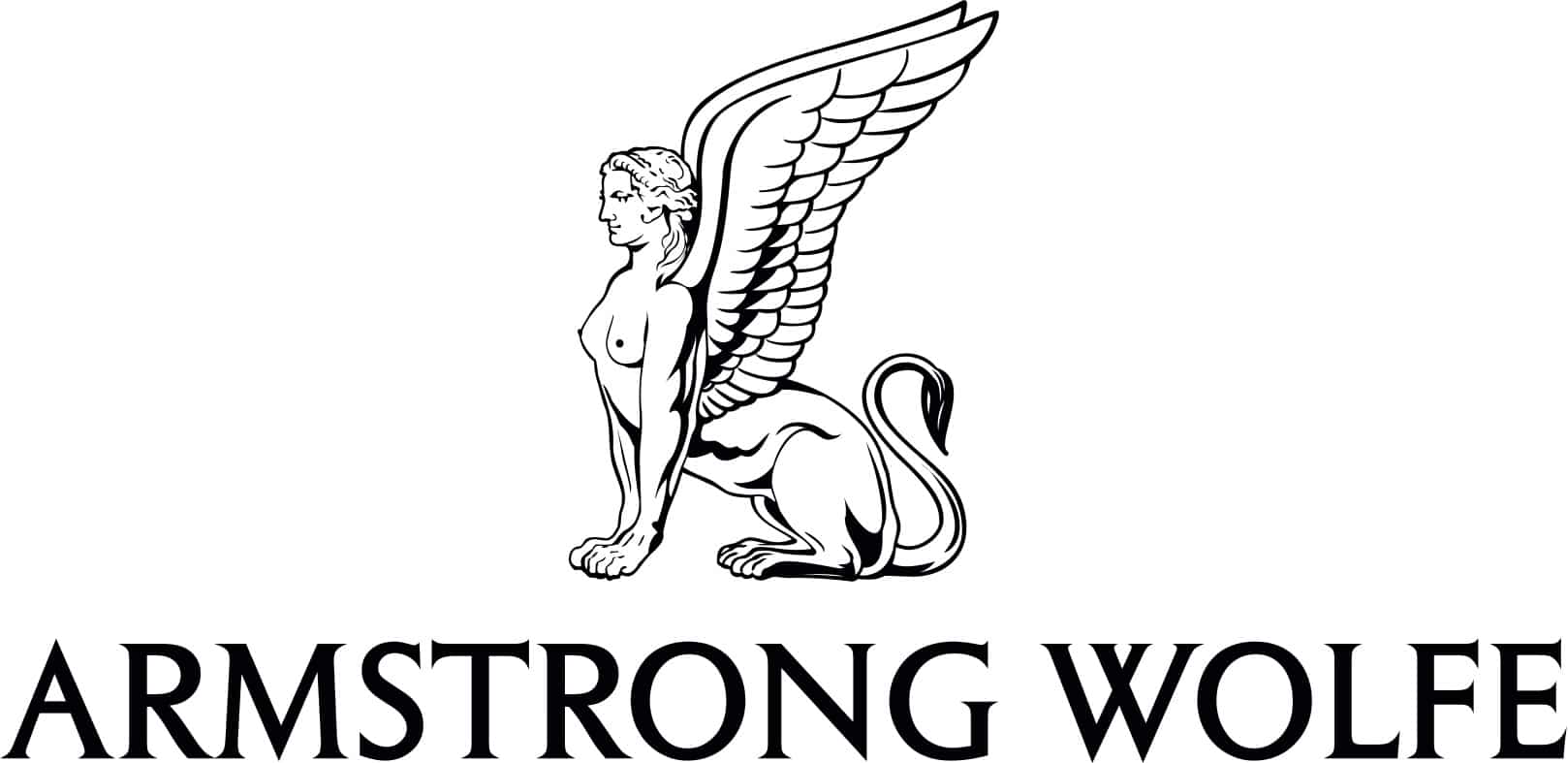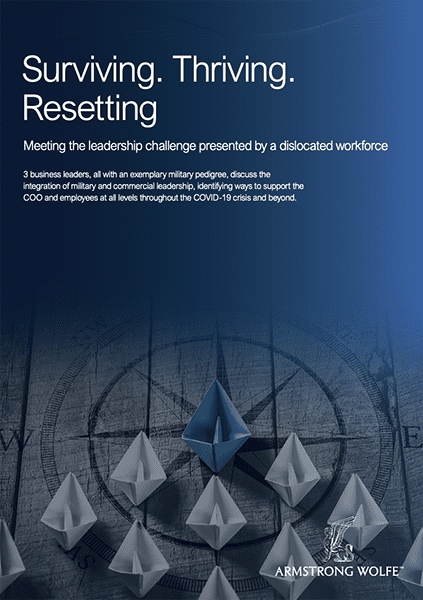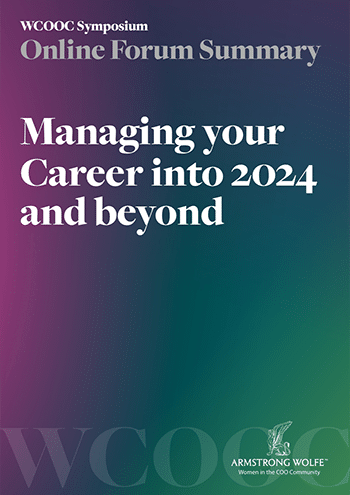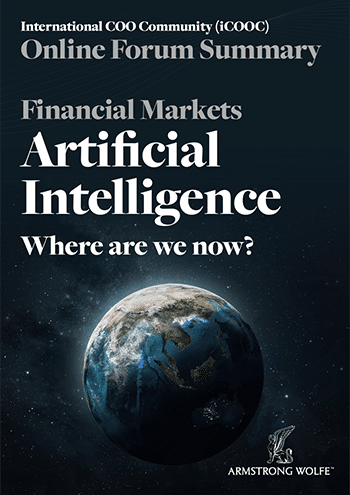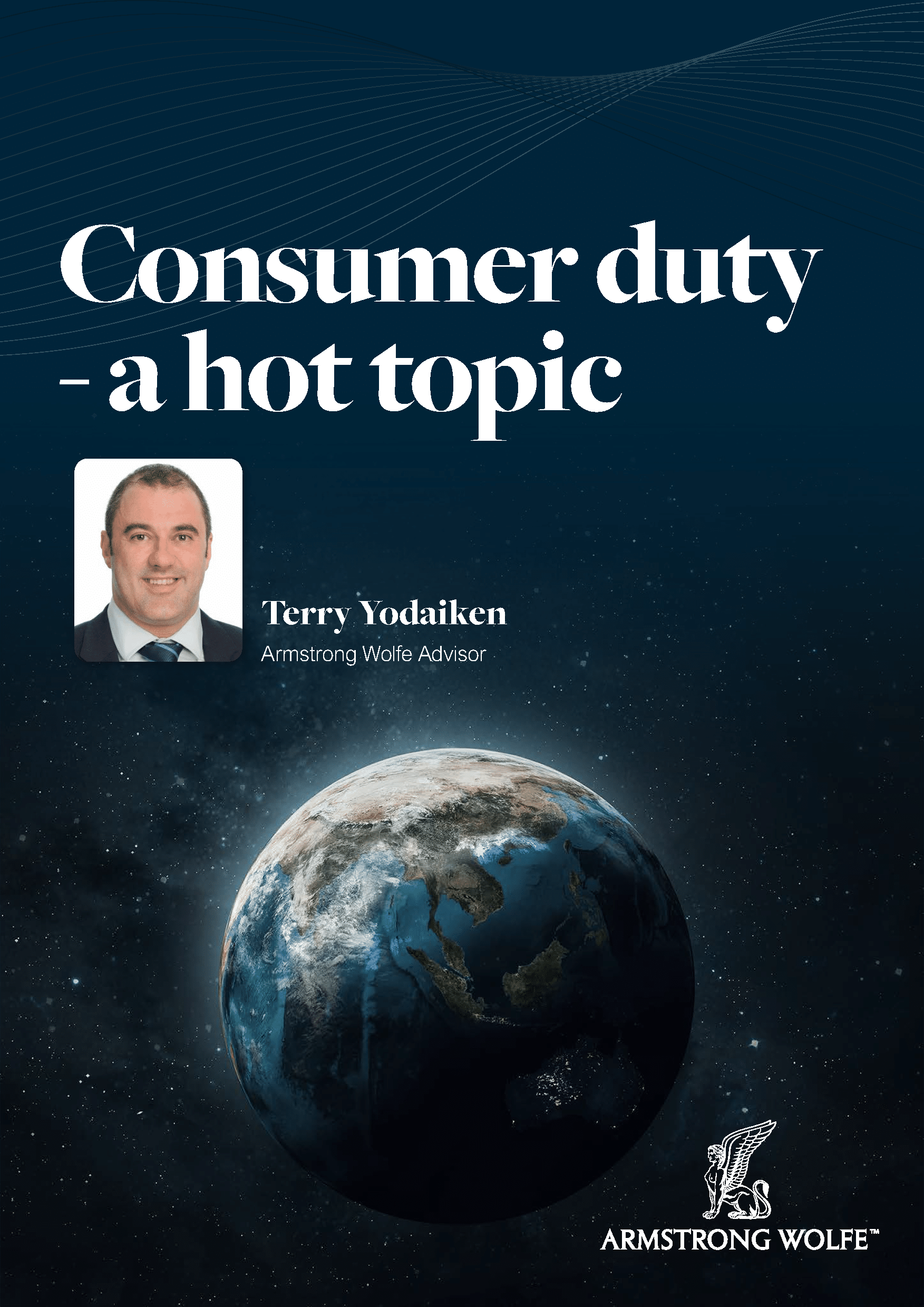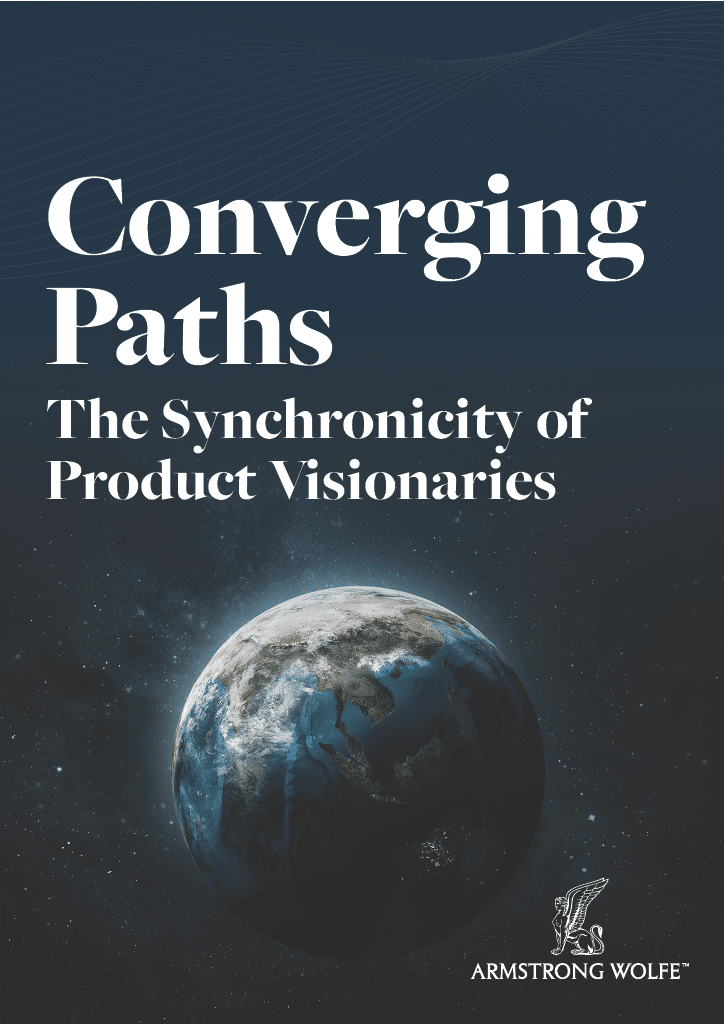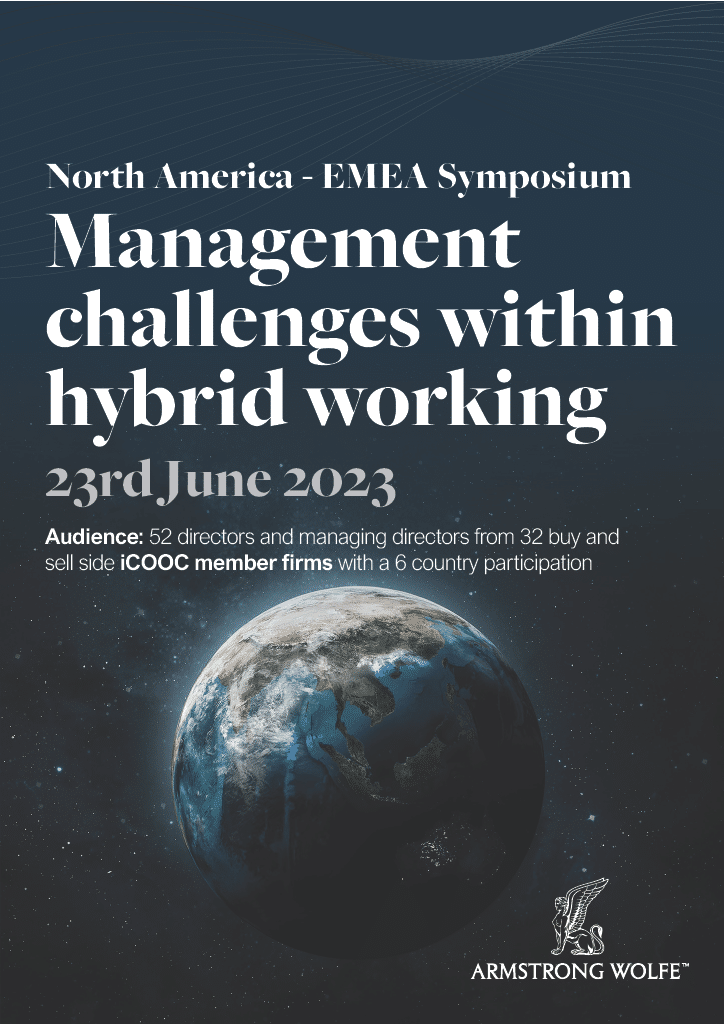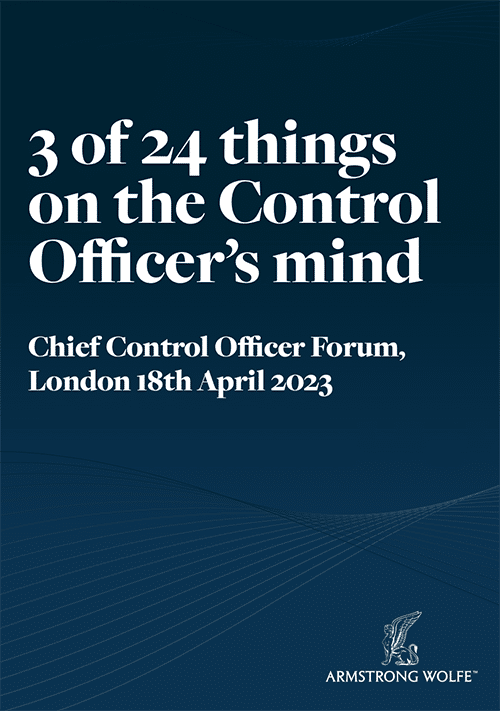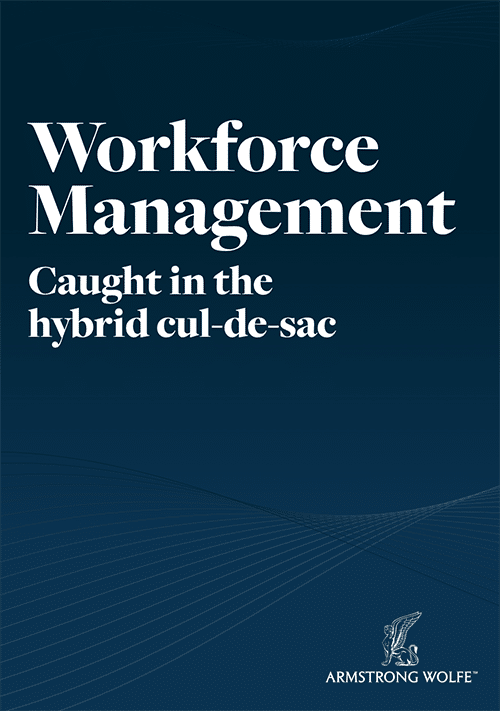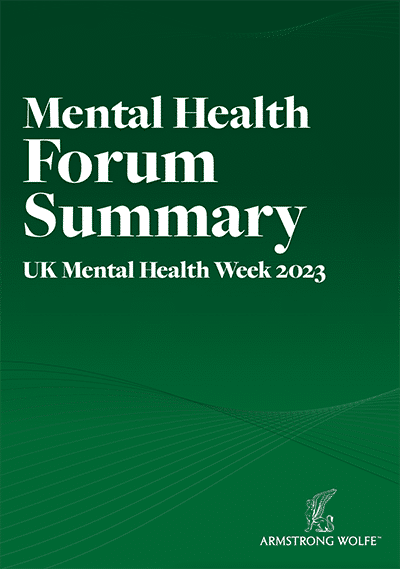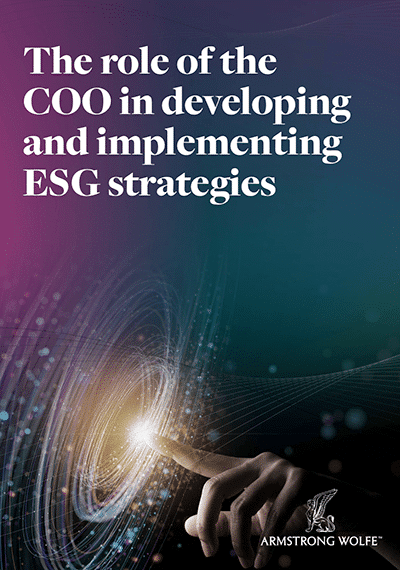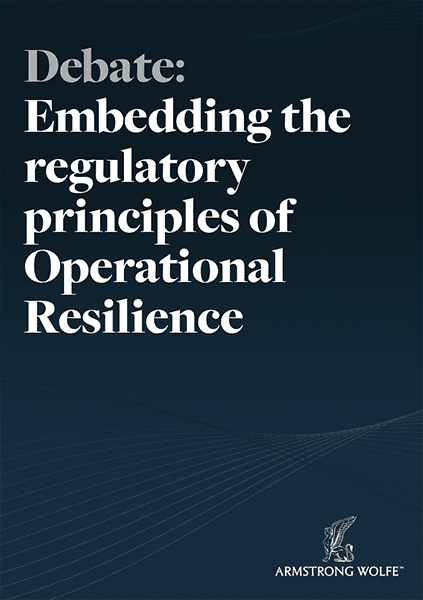Surviving. Thriving. Resetting
Meeting the leadership challenge presented by a dislocated workforce
In its simplest form leadership is a practical skill encompassing the ability of an individual or organization to “lead” or guide other individuals, teams, or entire organizations. The problem is that leadership is not that simple, and neither is a leader born. Leaders are made and if any organisation is to be successfully led, this is important to understand.
Equally it is important for the individual to understand that whilst not proven in leadership or perhaps being questioned as to this capability, self-investment, and self belief in developing your leadership capabilities can pay dividend.
It is widely recognised that leadership is a set of skills that can be learned by training, perception, practice, and experience over time. Leadership learning is lifetime activity. Good leaders seek out development opportunities that will help them learn new skills.
This is all to the good, but those that lead them must believe this too and back this belief in an investment in time and capital. With the advent of the COVID-19 crisis, the economic impact, and the peculiarities of a change in the workforce distribution
model, this is more important today across commerce, industry, and financial services than in 1, 2 even 3 generations.
It is also important to ensure the COO is tooled in effective leadership and acknowledges, embraces that whilst he/she invariably works for the CEO or business head, the COO role is an executive leadership position itself. Today it is a role arguably more visible than all others bar the CEO and one that touches daily all functions and in doing so, more people than any other. I
n the present crisis the COO role has been central to all efforts and will remain so. However, they like all need support, they like all, would benefit from leadership development: all leaders are made not born; it is a lifetime occupation set on self-improvement, in preparing yourself to be able to best meet tomorrow’s challenges.
Chris Severson (former TOPGUN F/A-18 Pilot) and now Head of the internal Transformation Office, Philip Morris International, has a wonderfully enriched career. From ‘having the privilege of leading some of the world’s greatest men and women’ as a TOPGUN pilot and instructor, Chris left the U.S. Marine Corps and post attending Columbia Business School, joined Barclays to design and lead a Conduct review. Laterally Chris joined Philip Morris, appointed to help lead its global transformation.
The commonality and thread throughout his career have been the ever present and imperative nature of needing effective and believable leadership. Leadership is in no small part based upon courage, not physical courage that may well play a part in the military but moral courage. Making the right decisions under pressure and with the interest of your people, be this an airman or women or colleagues and members of staff, being able to frame these decisions.
